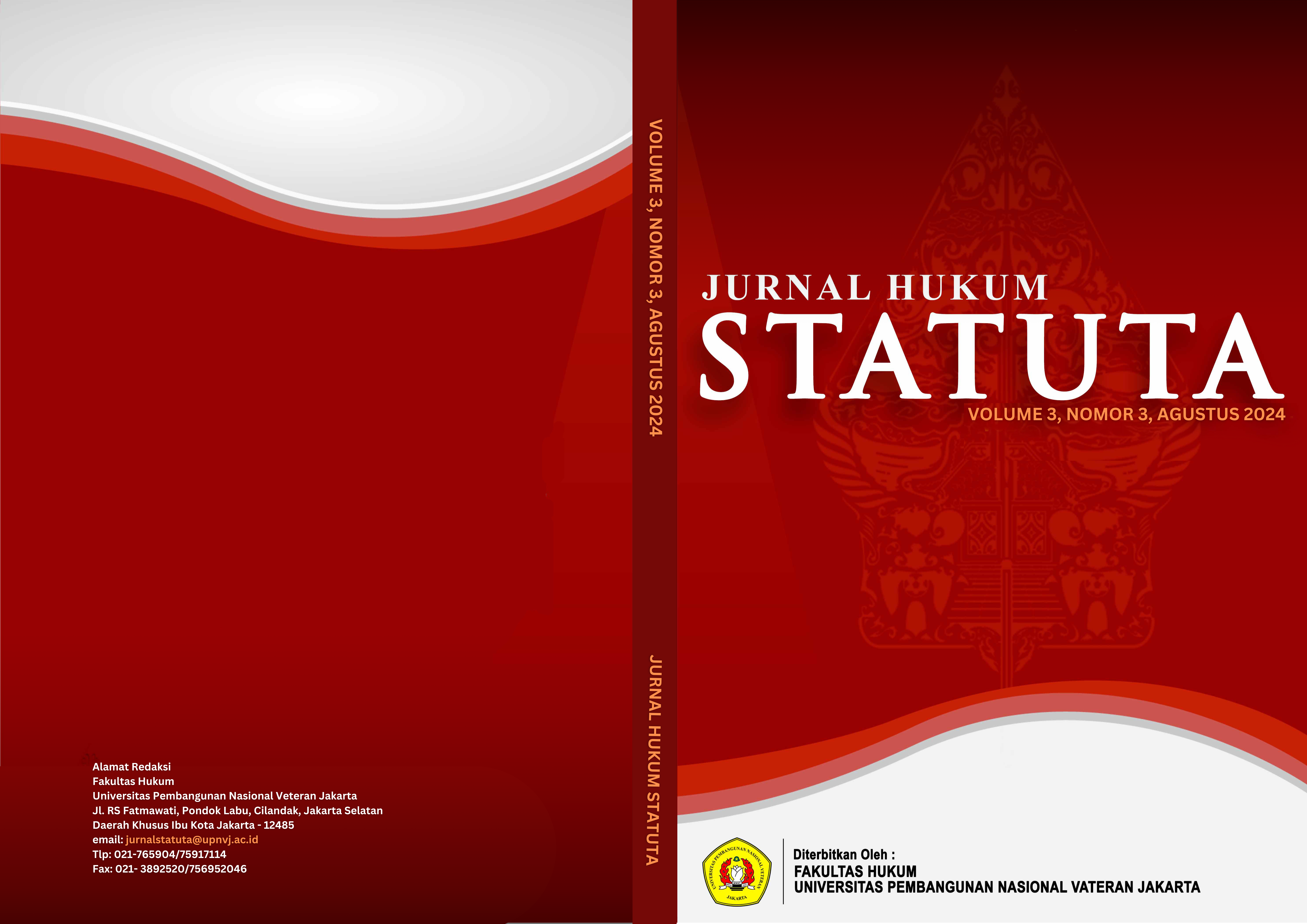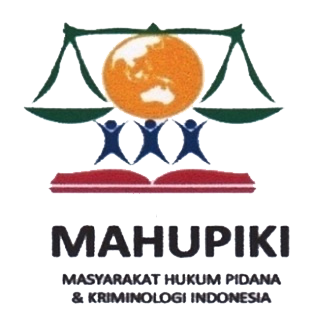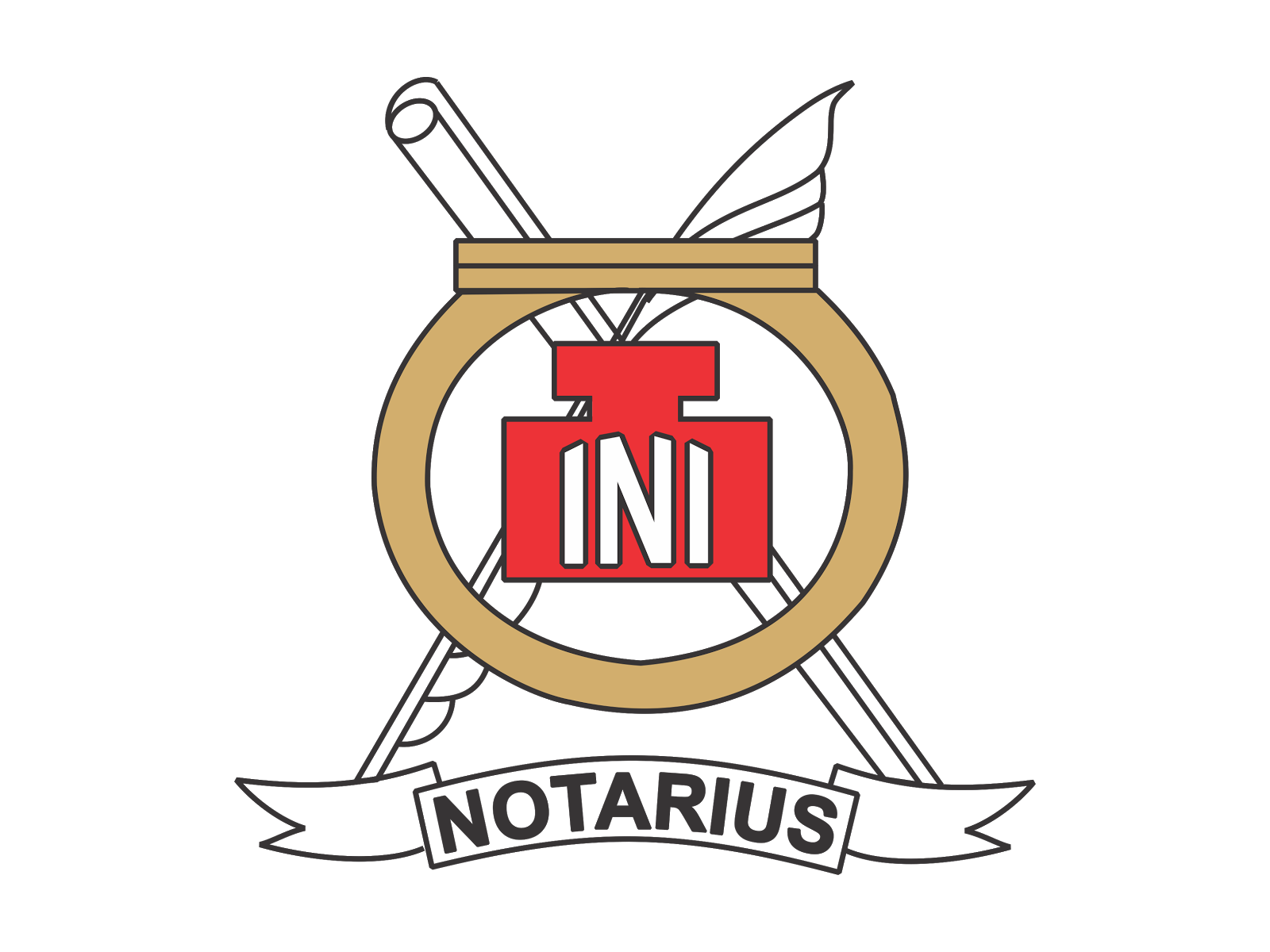THE STATUS OF SYNDICATED CREDITOR DEBT IN BANKRUPTCY AND DEBT RESTRUCTURING CASES
DOI:
https://doi.org/10.35586/jhs.v3i3.8998Keywords:
Bankruptcy and Debt Restructuring, Syndicated Loans, Debt StatusAbstract
With the development of the economy, the demand for credit from both the public and businesses has increased. However, current regulations limit banks through the Legal Lending Limit (BMPK). The demand for funds often exceeds the BMPK, thus alternatives such as syndicated loans are utilized for large-scale funding. Syndicated loans present different complications in cases of bankruptcy and suspension of debt payment obligations (PKPU), which are closely related to debt matters. This article examines the regulations on syndicated loans in Indonesia and their status in bankruptcy and PKPU cases, using normative research that examines secondary data. Although there is no specific legislation yet, syndicated loans adhere to several regulations, including Law No. 37 of 2004 on Bankruptcy and Suspension of Debt Payment Obligations, which governs the status of syndicated creditors. Syndicated loan agreements must consider clauses regarding the separation or consolidation of the rights of syndicated creditors).
References
Aristo Jaman. “KAJIAN ATAS KREDIT SINDIKASI DITINJAU DALAM HUKUM KONTRAK” (n.d.) https://ejournal.unsrat.ac.id/index.php/lexprivatum/article/view/26984.
Emmy Yuhassarie. Kredit Sindikasi, Pusat Pengkajian Hukum bekerja sama dengan Pusdiklat Mahkamah Agung RI dan Konsultan Hukum EY. Jakarta: Ruru & Rekan,2003. https://eyrcls.com/wp-content/uploads/2021/12/Proceedings-Kredit-sindikasi.pdf.
Hasanuddin Rahman. Aspek-Aspek Hukum Pemberian Kredit Perbankan di Indonesia. Bandung: Citra Aditya Bakti, 1998
Herlina Suyati Bachtiar. Aspek Legal Kredit Sindikasi. Jakarta: PT Raja Grafindo Persada, 2002.
Islami, Nurul. “Tanggung Jawab Hukum Agen Bank Terhadap Anggota Kredit Sindikasi Perbankan Sebagai Kreditur Dalam Hal Terjadinya Kredit Bermasalah.” Tesis, Universitas Brawijaya, 2022.
Jhony Ibrahim. Teori dan Penelitian Hukum Normatif. Malang: Bayumedia Publishing, Malang. 2006.
Kevin Albertus, Hidayat. “Kedudukan Para Kreditor Perjanjian Kredit Sindikasi Berkaitan Dengan Debitor Pailit.” Tesis, Universitas Airlangga, 2020.
Mohamad Kharis Umardani. “KREDIT SINDIKASI DALAM PERSPEKTIF HUKUM DAN PERATURAN PERBANKAN (STUDI KASUS PADA PT BANK DKI)” (n.d.). https://doi.org/10.33476/ajl.v7i1.334.
Munir Fuady. Hukum Pailit. Bandung: Citra Aditya Bakti, 2022
Soerjono Soekanto, Sri Marmuji. Penelitian Hukum Normatif: Suatu Tinjauan Singkat. Jakarta: Kencana Prenada Group, 2007
Sutan Remy Sjahdeini. Kredit Sindikasi: Proses Pembentukan dan Aspek Hukum. Jakarta: PT Pustaka Utama Grafiti, 1997
Yuhelson. Hukum Kepailitan di Indonesia. Gorontalo: Ideas Publishing, 2019
Yustisia Andhini Lintang Annisa Rizky Toewoeh. “Kewenangan Setiap Peserta Sindikasi Untuk Mengajukan Permohonan PKPU (Studi Atas Kasus Putusan Nomor 56/Pdt.Sus-PKPU/2019/PN Niaga.Jkt.Pst).” Skripsi, Universitas Islam Indonesia, 2023.
Downloads
Published
How to Cite
Issue
Section
License

This work is licensed under a Creative Commons Attribution-ShareAlike 4.0 International License.
Authors who publish with this journal agree to the following terms:
- Authors retain copyright and grant the journal right of first publication with the work simultaneously licensed under a Creative Commons Attribution-ShareAlike 4.0 International License that allows others to share the work with an acknowledgement of the work's authorship and initial publication in this journal.
- Authors are able to enter into separate, additional contractual arrangements for the non-exclusive distribution of the journal's published version of the work (e.g., post it to an institutional repository or publish it in a book), with an acknowledgement of its initial publication in this journal.
- Authors are permitted and encouraged to post their work online (e.g., in institutional repositories or on their website) prior to and during the submission process, as it can lead to productive exchanges, as well as earlier and greater citation of published work (See The Effect of Open Access).
Jurnal Statuta have CC-BY-SA or an equivalent license as the optimal license for the publication, distribution, use, and reuse of scholarly work.
In developing strategy and setting priorities, Jurnal Statuta recognize that free access is better than priced access, libre access is better than free access, and libre under CC-BY-SA or the equivalent is better than libre under more restrictive open licenses. We should achieve what we can when we can. We should not delay achieving free in order to achieve libre, and we should not stop with free when we can achieve libre.
You are free to:
- Share — copy and redistribute the material in any medium or format
- Adapt — remix, transform, and build upon the material for any purpose, even commercially.
The licensor cannot revoke these freedoms as long as you follow the license terms.

Jurnal Statuta licensed under a Creative Commons Attribution-ShareAlike 4.0 International License.











